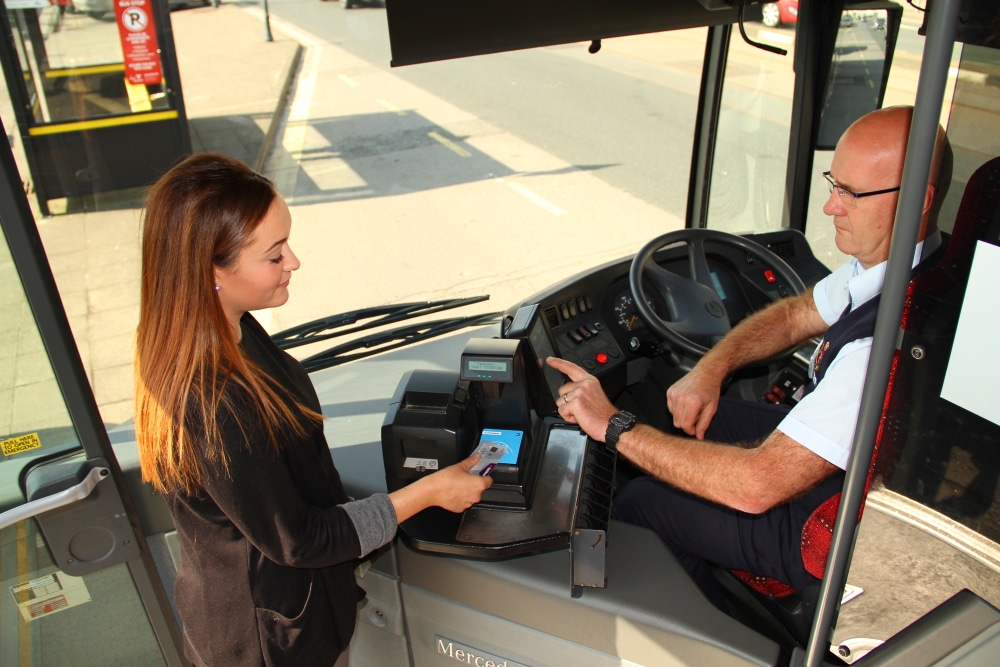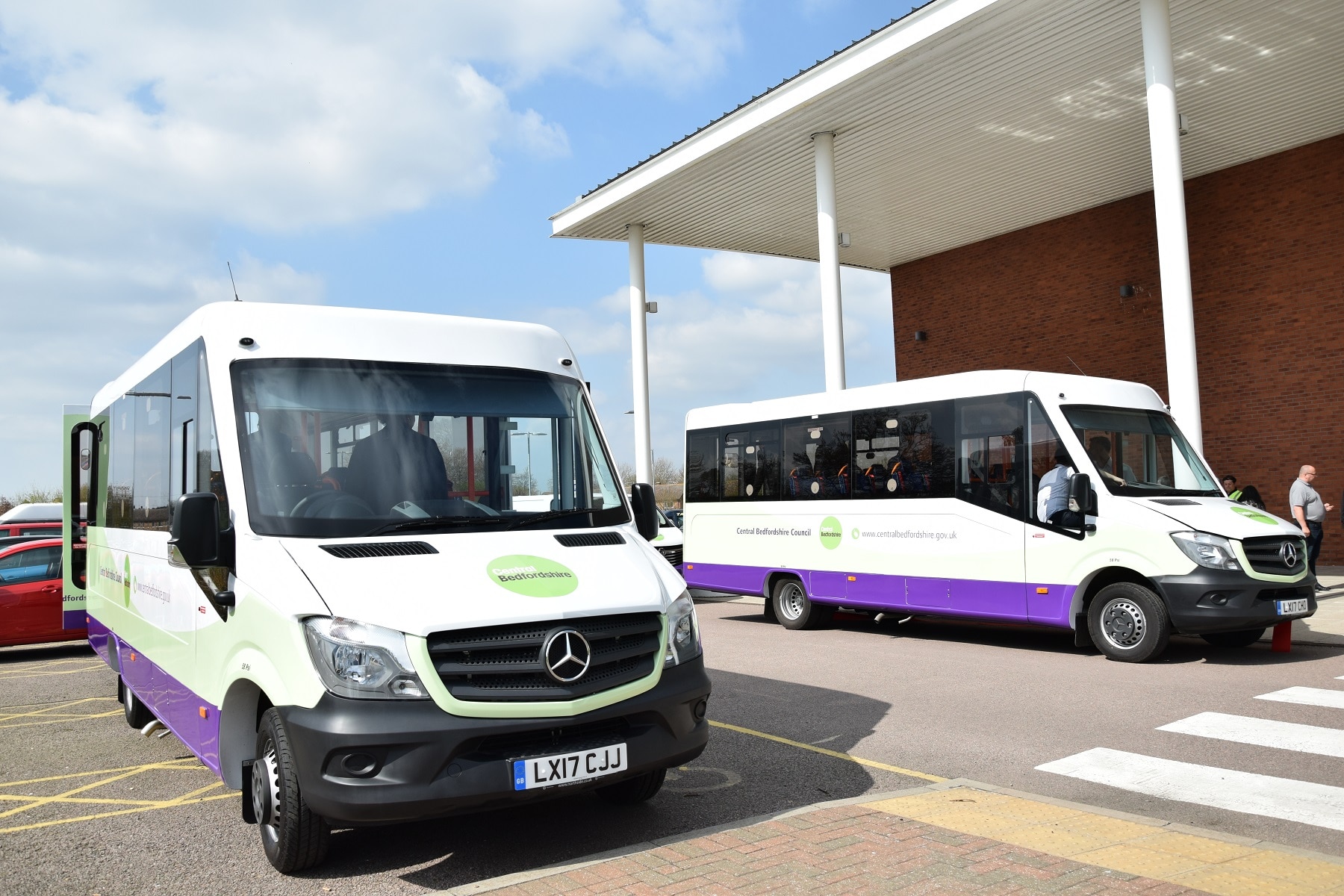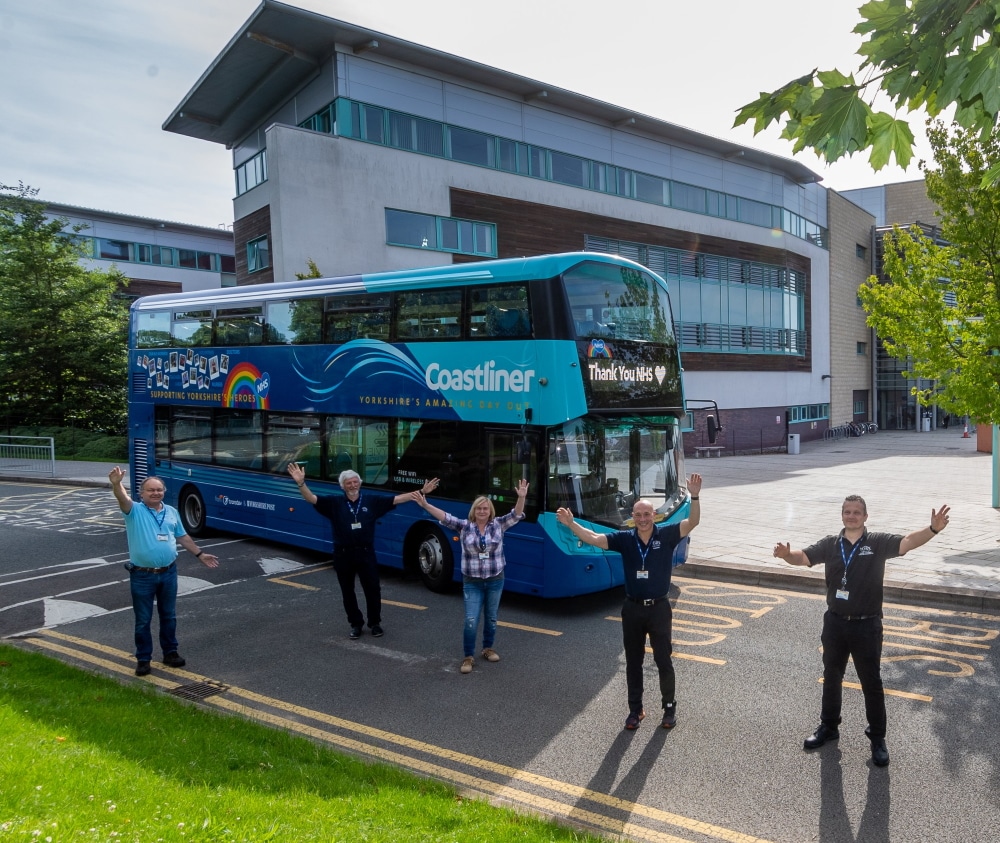Many operators have reported an uptick in the number of cashless transactions since handling money was discouraged during COVID-19. Could this spell lasting change in buying patterns for the industry?
Cash may not yet be dead on the buses, but thanks to the coronavirus COVID-19 pandemic, some operators believe we may be seeing the early stages of its demise. Is cashless on the distant horizon?
There have been varying approaches to discouraging cash payments during the pandemic. First Group, which already provided contactless payment means, has reported an uptake in cashless on-vehicle revenue. the Oxford Bus Company has trialled new cashless technology to encourage touch-free travel options. Meanwhile, NAT Group has taken things one step further, and has refused physical cash altogether on its buses since March.
Cashless for COVID-19
NAT Group Managing Director Adam Keen explains how one of the first things that surprised him during the pandemic was an apparent expectation from the public that buses would continue to accept physical cash, even when shops and businesses had switched to contactless-only payments.
But defying that expectation, NAT Group has not taken any physical cash on its buses since March 25.
Mr Keen cites the obvious reason for this: The safety of the company’s employees and passengers. Thus, users were pointed to contactless payment methods or the app, launched in conjunction with NAT Group’s new website in November last year.
There has been ‘some resistance’ he explains, with a handful of users unfamiliar with those methods expressing concern. But, on the whole, it has been successful.
“We recognised it would cause inconvenience to a small proportion of people,” he acknowledges. “However, the majority of people do have a payment card or mobile phone and they can easily be used on our buses to avoid paying cash.”
The bulk of the work was in steering its users – currently made up of key workers and essential travellers – towards contactless methods. With social media updates, a web article, driver briefings, and newspaper ads, capturing that audience was achieved.
How long NAT Group will maintain contactless remains to be seen. Mr Keen estimates it to last until the company is running between 70-80% of its services, or at the point when it no longer carries essential travellers. “When you begin to take social travellers and tourists, it becomes difficult to capture those users and deal with any who do not wish to use contactless,” he explains.
Further down the line, it could spell the beginning for a permanent move away from cash. “We’ve had a number of conversations with Welsh governments over the last couple of months about different projects and innovations across Wales. One of the key fundamentals has been how to drive people away from cash, and into pre-booking.”
The main barrier to a swift change to cashless, Mr Keen believes, is age. “In Wales at least, it tends to be the older generation who are not as au fait with the technology. Those are the users that have made a point of complaining about our use of cashless buses.” But, as that gap closes, and with NAT Group and others pushing users towards contactless and in-app transactions, a cashless future might not be far distant. Such will become more apparent when NAT Group returns to accepting cash payments, and data on the proportion of users returning to cash becomes available.
Cash versus contactless
Those operators still offering users the option to pay in cash could help predict that future. Head of Communications at First Group Charlotte Butler reports that contactless already exceeds cash payments on the company’s buses.
While First is not ready to declare cash ‘dead’, reduction in its use has been significant. “There will be people who just either can’t or will refuse to use card payment, however we think the uptick in contactless versus cash will probably be permanent,” Ms Butler adds.
Pre-coronavirus COVID-19 contactless payments amounted to around 40% of on-vehicle revenue, she reports – this has increased to over 50% across the division as a whole. This means cash payments are down from 60% of on-vehicle revenue pre-pandemic to just under 50% during.
While showing an overall 10% change either way, regional statistics show some relatively large swings. In the West of England, First had already seen a high contactless uptake, with contactless accounting for 40% of on-vehicle revenue pre-pandemic and now showing 60%. West Yorkshire showed a similar uptake, with contactless accounting for 32% of pre-pandemic bus revenue, up now to 50%.
Ms Butler anticipates the proportion of contactless on-vehicle revenue to increase as more users return to work. With the encouragement from operators such as NAT Group, and the introduction of new no-touch services as has been seen at Oxford Bus Company, coronavirus COVID-19 is proving to be a catalyst for significant change in buying patterns from bus users.
Change takes time – cashless in 10 years?
Another operator that encouraged contactless payments before the pandemic is Rotala. Corporate Design and Marketing Manager David Clayton explains how the means has been available to allow customers to purchase tickets online, through scanning a phone or via travel card to speed up the boarding process and reduce interaction between the driver and passenger.
When the pandemic started, a social media campaign and posters were used to encourage passengers to use the contactless payments available. At present, he reports that 55% of on-bus payments are contactless, but believes cash will remain an option rather than be replaced. “Change in cultural behaviour takes time, and although we think this will happen, it might be five or 10 years before the UK bus industry becomes cash free. We do believe, however, that some users will have switched to contactless and will not return to cash.”
Contactless sales at Rotala have grown week on week since their introduction, with a marked acceleration during the coronavirus COVID-19 crisis. “We assume this was because people were more nervous about handling cash,” says Mr Clayton.
Like others, the rise in contactless has been welcomed at Rotala, not only for the safety implications at present but for future operational benefits. “Having more contactless payments means lower cash handling costs for companies, lower bank costs and lower security risks,” Mr Clayton adds. “In an ideal world, contactless and cashless removes the associated risks of carrying cash for our staff and the movement of large amounts from our sites each day.”



























